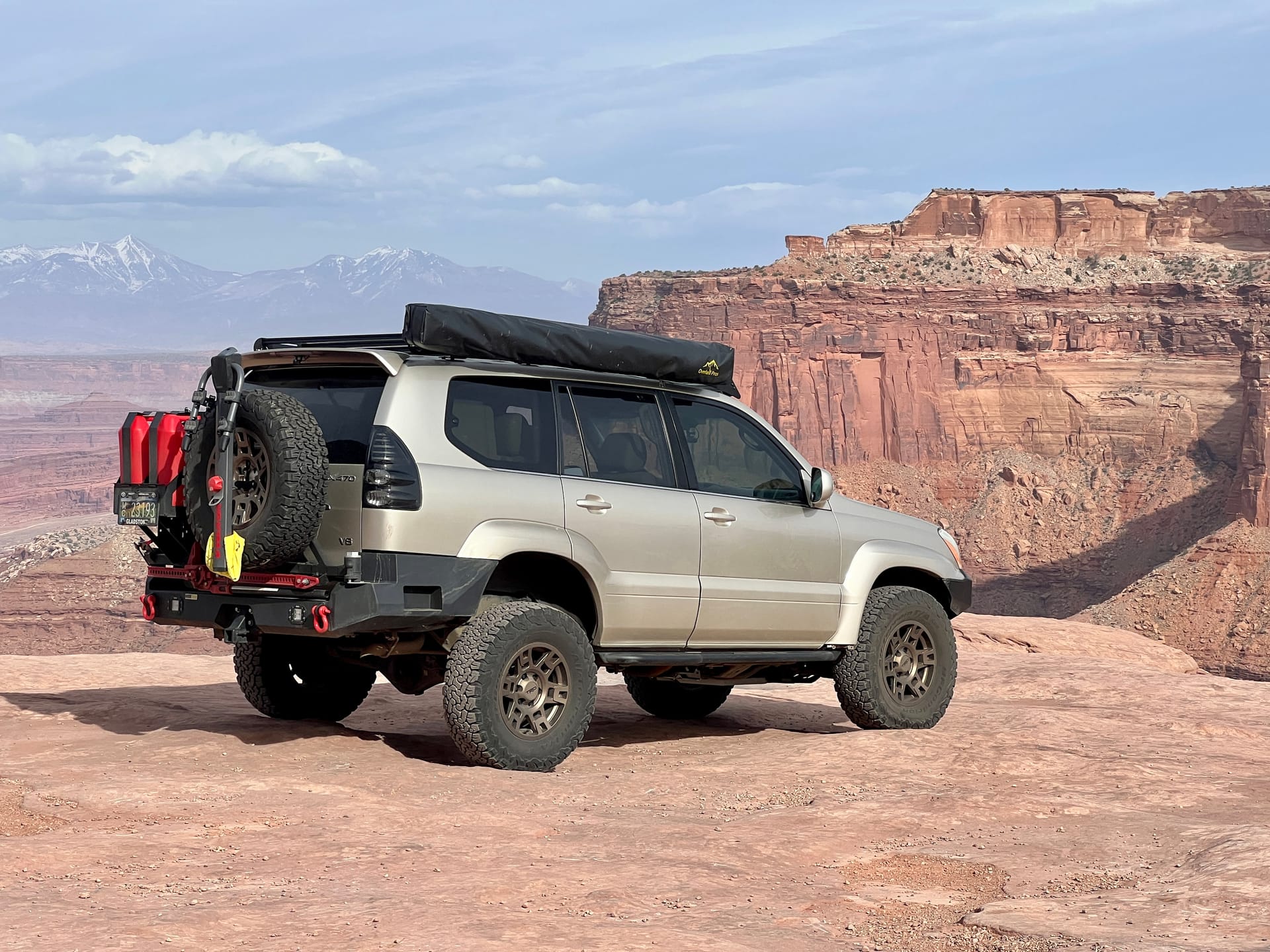I love seeing car YouTubers drop their networks

There's been a trend lately in car-youtuber-land, one where you hear a host on camera say they're going to start a new channel of their own, and later they post a detailed video on how they quit their former employer, which was usually a car-related YouTube brand account.
Here are a few:
In the above videos, you hear about hosts leaving Donut, Hoonigan, and MotorTrend. MotorTrend is a TV channel that spun off from the magazine, and eventually was bought by Discovery Channel and is now rolled up into the Max app. Hoonigan was a car brand and YouTube channel founded by Ken Block among others that was purchased in 2021 by a wheel company that owns a lot of car-related brands. Donut was also a YouTube channel bought in 2021 by a another media company that runs a few other car-related brands and channels.
Didn't this happen in the past with podcasts?
I've seen this trend play out in the past, and it occurred in the podcasting space years ago. When podcasting first debuted, it was a nerdy niche thing with a small audience. To produce your own podcast, you needed to navigate audio equipment, have recording expertise, know how to write, build, and record a show, book guests and help them do well on your show. Then you had to build a website and social media presence, know the ins and outs of all the latest publishing and audio software, and then figure out how to promote it to the world.
In the first few years of podcasting, a lot of podcast networks sprang up to help people get their shows out there. They were usually lead by very early trailblazers of podcasting who had to assemble teams to help get their own shows off the ground, then they'd become a hub for talent, repeating the process for perhaps dozens of other shows. As a host on those early networks, you'd join an umbrella organization that handled all the pesky, nerdy details of publishing, so you could just do your show and let them handle the rest. Network deals vary greatly, but often on the backend of things hosts of shows and the networks that supported them would split advertising revenue about 50/50.
While this was a great way to kickstart a show, eventually people learned how to do all the aspects of podcasting handled by their network themselves. There are half a dozen apps to help you record podcasts now, there are multiple options for cheap publishing of podcasts, and promotion and marketing can come easy to popular hosts.
About 5-10 years ago, people hosting shows started to leave their podcast networks and strike out on their own in droves. Sure, you might lose the network effects of being under a big umbrella network, but your true fans would follow you anywhere, and if you could launch your own podcast, you'd get to keep 100% of the ad revenue instead of splitting it with your network.
This pattern played out many times over at the Maximum Fun, Comedy Bang Bang, and the Earwolf podcast networks. The results were usually beneficial to the hosts, as they gathered their old audience and started making a better living when they could control their entire show.
Why car YouTube hosts are leaving their networks in droves
In the three car-related publishing networks I mentioned earlier, new ownership meant changes came to each network and their channels. And while founders of the channels likely got paid well when they were acquired, most employees (aka onscreen talent) probably didn't get a windfall and likely saw cuts or changes to their shows post-acquisition.
Like podcasting, in the YouTube space the host is the most important aspect of any show and fans of talented hosts will follow them anywhere to see them publish on their own. While they might not have big budgets to drive million dollar cars or fly around the world for a story when they're doing it all on their own, typically these new offshoot channels start small and work their way up to larger projects that often rival what they used to produce for a media company or TV network.
Why is this good?
I love to see creators taking control of their work, and getting paid more fairly for their time and talent. I'm sure hosts joining a network channel with a million followers are paid something for the work they do, but chances are it pales in comparison to what a YouTube channel owned by one person with a million followers can possibly make.
Video production (especially editing) is time consuming, intense, and requires tons of knowledge, but it's not out of the realm of possibility that on-camera hosts can learn to do it themselves or hire their friends to help out. When they get good at their own production and can create shows on their own, the lure of a network that handles everything for you and helps you promote your work is less enticing, especially when the network keeps most of the money generated by the channel.
I'm happy for all these folks that have spun off from their previous networks, by and large, most of them are publishing more often than they used to, on more varied topics, and I find myself enjoying their work as much as I used to under a network umbrella.
Subscribe to our newsletter.
Be the first to know - subscribe today

